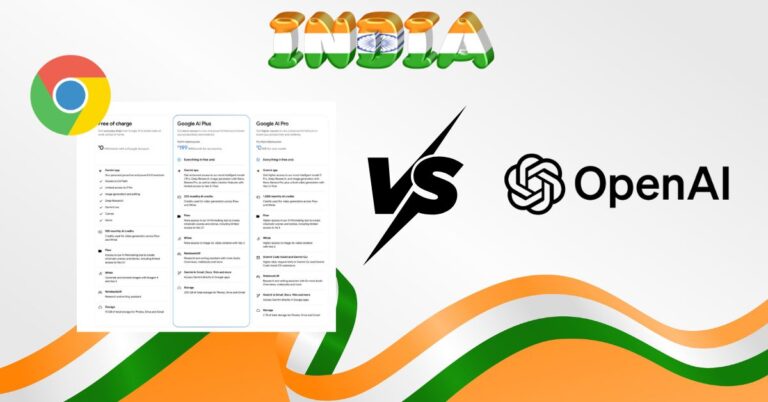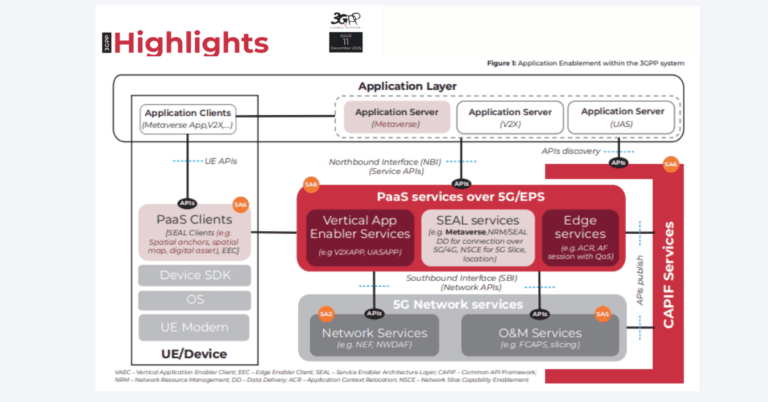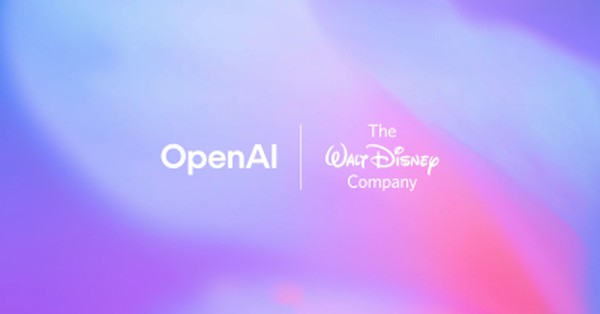It’s the moment tech enthusiasts have been waiting for all year: Google I/O keynote day! Google kicked off its annual developer conference with a rapid-fire stream of announcements, unveiling many new developments. For those who missed the two-hour presentation, here are the biggest highlights from the keynote.
Privacy Concerns Over AI Voice Call Scans
Google demonstrated a new call scam detection feature during I/O, which will be added to a future version of Android. This feature uses AI to scan voice calls in real-time, similar to client-side scanning, which sparked controversy when Apple planned to adopt it in 2021. Privacy advocates have raised concerns over Google’s use of this technology, fearing it could be misused beyond scam detection.
Android Security Updates for Live Threat Detection and Theft Detection Lock
Google announced new security and privacy protections for Android, including on-device live threat detection for malicious apps, enhanced screen-sharing safeguards, and improved defenses against cell site simulators. The Google Play Protect system will have increased on-device capabilities to detect fraudulent apps attempting to breach sensitive permissions. If the system detects malicious behavior, it will disable the app or alert the user and Google for further review. A new Theft Detection Lock will also use AI to identify motion patterns associated with theft and automatically lock the screen.
Google TV AI Enhancements, Gemini AI, Content Accessibility
Google integrated its Gemini AI into the Google TV operating system to generate descriptions for movies and TV shows. This AI will fill in missing descriptions on the home screen and translate them into the viewer’s native language, making content more accessible and personalized based on viewer preferences.
Private Space Feature for Android Security
Google introduced Private Space, a new Android feature that lets users create a siloed portion of the operating system for sensitive information. Similar to Incognito mode, this feature allows users to lock designated apps into a secure container, hidden from notifications, settings, and recent activities. Developers can start experimenting with it now, although a bug is expected to be addressed soon.
Geospatial AR Enhancements in Google Maps
Google Maps will soon feature geospatial augmented reality (AR) content, launching initially in Singapore and Paris. Users can access AR content by searching for a location and selecting the “AR Experience” option. This content will also be viewable remotely in Street View, allowing users to share the experience through a deep link URL or QR code on social media.
Wear OS 5: Battery and Performance Upgrades
Google previewed Wear OS 5, focusing on improved battery life and performance enhancements, such as more efficient workout tracking. Developers will have access to updated tools for creating watch faces, new versions of Wear OS tiles, and Jetpack Compose for building watch apps.
New AI-Powered Web Search Filter
Google introduced a new “Web” filter at the top of its search results page, allowing users to filter for text-based links. This feature caters to those who prefer classic blue links over AI-generated summaries or Knowledge Panels.
Firebase Genkit: Simplifying AI-Powered Apps
A new addition to the Firebase platform, Firebase Genkit, aims to simplify building AI-powered applications in JavaScript/TypeScript, with Go support coming soon. This open-source framework helps developers quickly integrate AI into new and existing applications. Use cases include content generation, summarization, text translation, and image generation.
Generative AI in Learning: LearnLM
Google unveiled LearnLM, a new family of generative AI models designed for educational purposes. Collaborating with Google’s DeepMind and Google Research, these models will tutor students conversationally across various subjects. LearnLM will be piloted in Google Classroom, aiding teachers in lesson planning and discovering tailored materials for specific student needs.
Interactive AI-Generated Quizzes on YouTube
YouTube will feature AI-generated quizzes, allowing users to ask clarifying questions, get explanations, or take quizzes on educational videos. This tool will help viewers engage more deeply with content, especially during long educational videos.
Gemini AI Updates and Enhancements
Google announced several updates to its Gemini AI models, including a new 27-billion-parameter model for Gemini 2, launching in June. The new model can analyze longer documents and support more complex tasks like summarizing emails or generating detailed responses.
New Features and Tools on Google Play
Google Play is introducing new features for app discovery, user acquisition, and developer tools like the Google Play SDK Console and Play Integrity API. The new Engage SDK will offer app makers a full-screen, immersive experience personalized to individual users, enhancing user engagement.
AI-Powered Search in Google Photos
Google Photos will launch Ask Photos, an AI-powered feature allowing users to search their photo collections using natural language queries. This will make finding specific photos easier and more intuitive.
Enhanced Performance with New Tensor Processing Units
Google unveiled its sixth-generation Tensor Processing Units (TPUs), named Trillium, which will offer a 4.7x performance boost compared to the previous generation. These TPUs will enhance processing for advanced ranking and recommendation workloads.
Expanding AI Integration in Google Search
Google is expanding AI integration in its search engine, including rolling out AI-powered overviews and generative AI summaries for search results. This feature aims to enhance user experience by providing more comprehensive and relevant search results.
Introducing Google Imagen 3 for Better Text-to-Image AI
Google announced Imagen 3, the latest in its Imagen generative AI model family, offering improved text-to-image translation with fewer errors and more creative outputs.
Project IDX Beta: Integrating Geolocation Features
Project IDX is now in open beta, integrating geolocation features from the Google Maps Platform into its development environment. This update will help developers add geolocation features to apps and deploy them to Cloud Run.
Veo: AI Model for Creating 1080p Video Clips
Google introduced Veo, an AI model capable of creating 1080p video clips from text prompts. Veo can capture various visual styles and make edits to generated footage, enhancing Google’s video generation capabilities.
Circle to Search: Intuitive AI-Powered Answers
The AI-powered Circle to Search feature allows Android users to get instant answers using gestures like circling or highlighting. This tool aims to make interacting with Google Search more intuitive and helpful for complex queries.
New Pixel 8a and Pixel Slate with Tensor G3
Google announced the Pixel 8a, starting at $499, and the Pixel Slate tablet, enhancing the Pixel line with the new Tensor G3 chip and other updates.
These announcements highlight Google’s ongoing commitment to leveraging AI and enhancing user experience across its ecosystem. From privacy and security improvements to innovative AI applications in education and entertainment, Google I/O 2024 showcased a wide range of advancements that are set to shape the future of technology.
Google I/O 2024: Key Announcements Table
Below is a comprehensive table summarizing the key announcements from Google I/O 2024, highlighting new features, enhancements, and innovations across Google’s ecosystem.
| Announcement | Description |
|---|---|
| Privacy Concerns Over AI Voice Call Scans | AI-based real-time call scam detection feature for Android, raising privacy concerns. |
| Updated Security Features | New security measures for Android, including live threat detection and a Theft Detection Lock. |
| Google TV Enhancements | Integration of Gemini AI to generate and translate descriptions for movies and TV shows. |
| Private Space Feature for Android | A new feature allowing users to create a secure, siloed portion of the OS for sensitive information. |
| Geospatial AR in Google Maps | Introduction of geospatial AR content in Google Maps, initially launching in Singapore and Paris. |
| Wear OS 5 | Focused on battery life and performance improvements, with new tools for developers. |
| AI-Powered Web Search Filter | A new filter to show text-based links, catering to users who prefer classic blue links. |
| Firebase Genkit | A new framework to simplify building AI-powered applications in JavaScript/TypeScript. |
| Generative AI in Learning: LearnLM | New AI models designed for educational purposes, piloted in Google Classroom. |
| AI-Generated Quizzes on YouTube | Feature allowing users to take quizzes and ask questions on educational videos. |
| Gemini AI Updates | Updates to the Gemini AI models, including a new 27-billion-parameter model. |
| Google Play Enhancements | New features for app discovery, user acquisition, and developer tools. |
| AI-Infused Google Photos | Launch of Ask Photos, enabling natural language searches within photo collections. |
| Tensor Processing Units Get a Boost | Introduction of sixth-generation TPUs with a significant performance boost. |
| AI in Google Search | Expanded AI integration, including AI-powered overviews and generative AI summaries. |
| Google Imagen 3 | Latest version of the Imagen AI model with improved text-to-image translation. |
| Project IDX | Integration of geolocation features from Google Maps into the development environment. |
| Veo AI Model | New AI model capable of creating 1080p video clips from text prompts. |
| Circle to Search | AI-powered feature allowing users to get instant answers using gestures like circling or highlighting. |
| Pixel 8a and Pixel Slate | Announcement of the Pixel 8a smartphone and Pixel Slate tablet with new Tensor G3 chip. |







































